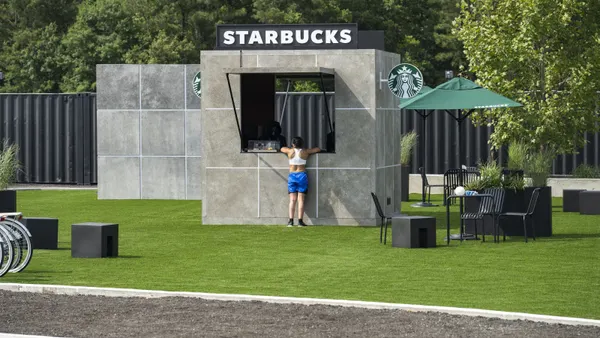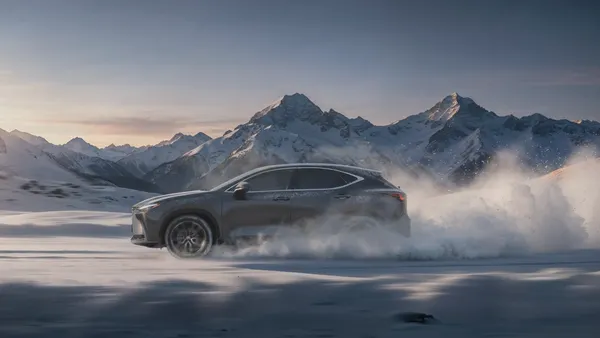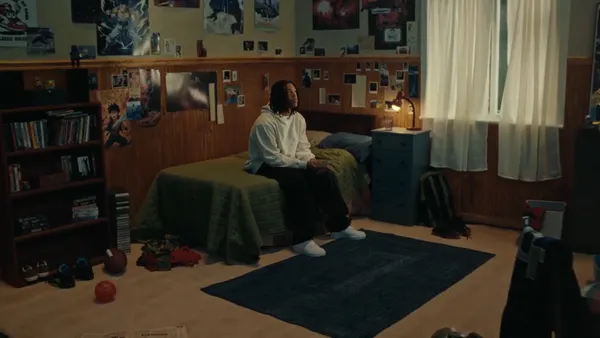Dive Brief:
- Navigation app Waze aired its first TV commercials this week for its Carpool app, the Google-owned company told Marketing Dive. The 15- and 30-second spots for the service connecting riders and drivers headed in the same direction during their commute are running in the Washington, D.C., area on morning cable and digital channels and will accompany efforts for radio, out-of-home and local influencers.
- The TV spots are part of a broader Washington-focused campaign that kicked off in early April with OOH elements including bus wraps, highway billboards and ads in Metro stations. Though this week marks the 12-week campaign's halfway point, 70% of media has yet to be released, said Tim Queenan, Waze's head of brand and consumer marketing.
- Queenan said Waze has plans to expand the campaign outside of Washington, with each market's initiative tailored to the region. There are currently no plans to incorporate ads into the Carpool app, he added.
Dive Insight:
Six months after rolling out its Carpool functionality nationally, Waze is now running a comprehensive marketing campaign in a single region. The delay in investing marketing dollars was designed to aid the "education learning curve" among consumers who aren't familiar with Carpool or the larger carpooling concept, Queenan said. Along with driving awareness and consideration for using the commuting tool, a key goal of Waze Carpool's first campaign centers on shifting behavior, he added.
"There's just too many cars on the road, and our approach is that we need to get people to work together to fix that," Queenan said. "If we really want people to consider this as an alternative method, we need to communicate that to folks and really get them to start to understand the concept more."
By offering a solution to a daily frustration like being stuck in traffic during a commute and communicating that message through channels like local radio, TV, influencers and DJs in Washington, the brand hopes to drive awareness and strike an emotional chord with riders and drivers.
Washington was chosen as the first city for a Waze Carpool campaign for its near-crippling vehicle congestion, Metro line closures and "organic carpooling movement" already underway, per Queenan. While adapting each campaign to fit a select region may slow Waze's marketing scale across the U.S., the tailored efforts will likely resonate more deeply with target audiences.
"There are different ways we can tell our story, and we think that story can be shared in very locally relevant ways as we enter different localities," Queenan said.
Waze's efforts for Carpool's first campaign appear to cover all the bases to get in front of commuters, via ads on buses and in Metro stations as well as on radio and morning cable shows people may tune in to before heading to work.
The Washington-focused initiative comes as the sharing economy continues to heat up, with Uber and Lyft holding major market share and summer construction season causing Metro slowdowns — and consumer frustration. By working to ease these daily pain points through Carpool, Waze may help consumers associate the brand with simplifying their life, boosting brand sentiment and user retention in the long run.












